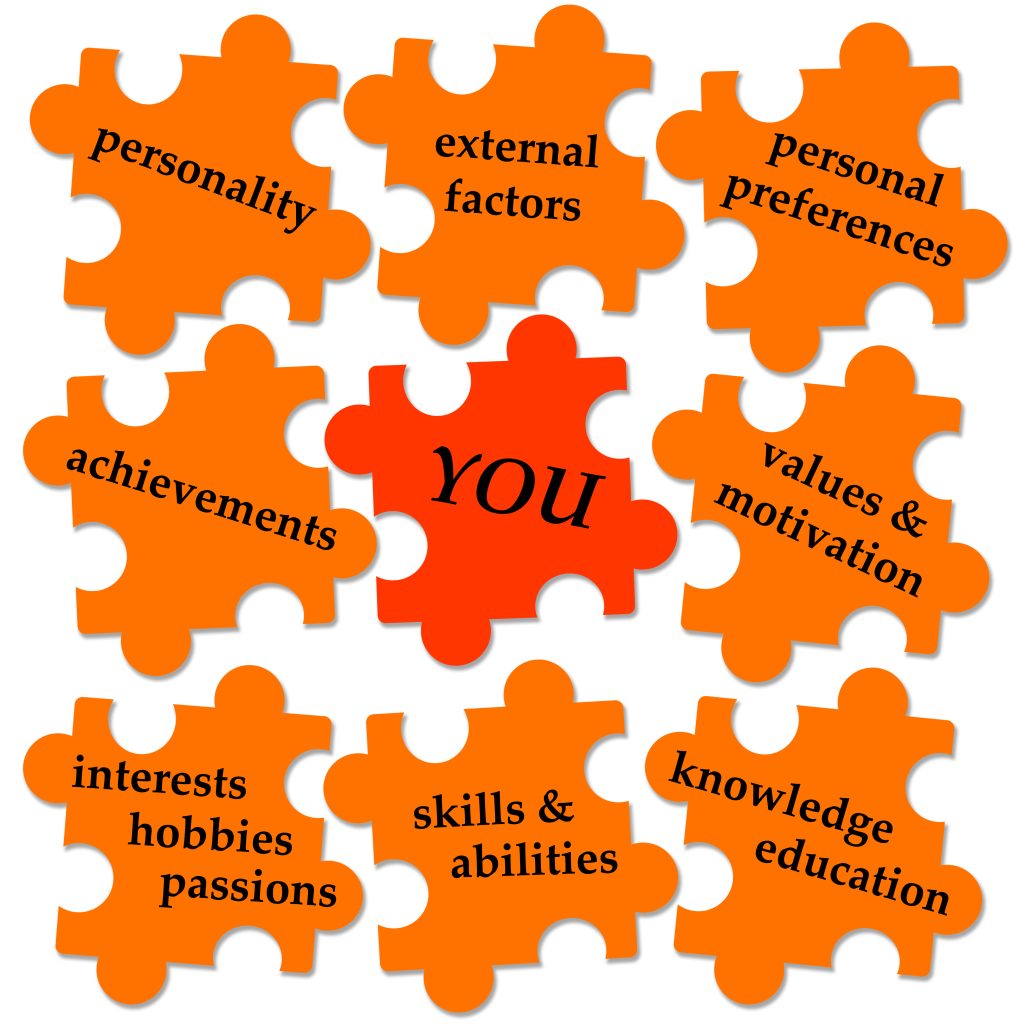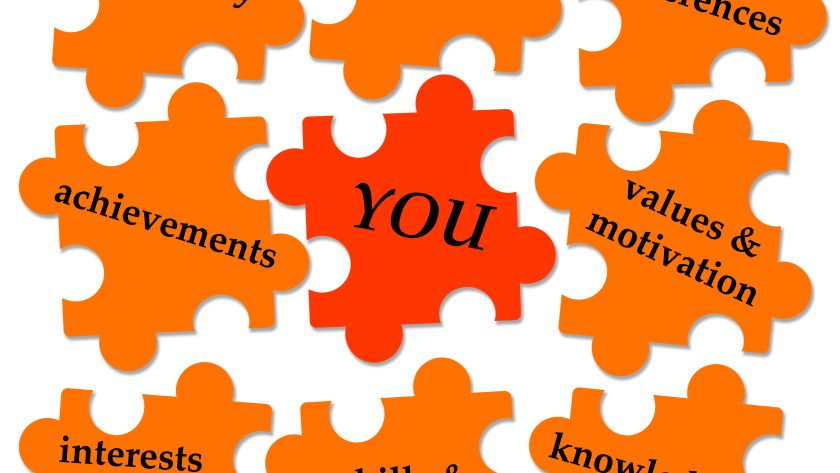
Imagine you’re at a play. The same dialogue is spoken by two different actors, with two distinct deliveries, in two different settings. The scene changes, the mood shifts, and suddenly, you perceive the narrative in a different light. That’s like the power of word choice. It has an impact on the speaker and profoundly affects the listener’s understanding as well.
Think about the nuances of the language we use daily. Take, for example, the statement “you have to…” It’s straightforward and can come across as rigid or forceful. On the other hand, “you may want to…” suggests the same idea, and its softer tone makes it seem more of a recommendation. It’s this fine tuning in our language that can be the difference between sparking a debate, shutting someone down, or being supportive with a friend or colleague.
Words are like tools in a toolbox, each with its own purpose and effect. Using the right words in the right context can facilitate empathy, generate anticipation, or even forge connections. Similarly, an inappropriate word choice can lead to misunderstandings, create conflicts, or build walls. Therefore, careful selection of words is significant in successful communication.
When we select our words with care, we’re creating perceptions. Every word holds a world of meanings, implications, and emotions, making it a powerful tool in shaping how our messages are perceived and received. Through thoughtful word choice, we can construct, deconstruct, and reconstruct the realities of our listeners. So, choose wisely, because your words are painting the picture others see.
Application in Coaching
In coach training one of the significant topics is how to formulate powerful coaching questions. The impact of word choice on clients is discussed. During the practicum, coaches practice with how they say what they say. The following question variations are followed with an exploration of the impact of different words.
What might you want to do? versus What do you want to do?
Might is hesitant and doubtful; it lacks conviction and commitment. In this type of application, over time it can undermine confidence. Do is confident and invites commitment. In this application, it demonstrates confidence in the follow-through.
What will get in the way? versus What might get in the way?
In this case, the use of the word will indicates that there will be something preventing success. When asking about potential barriers, the use of a doubtful word, might, indicates that it can be overcome.




